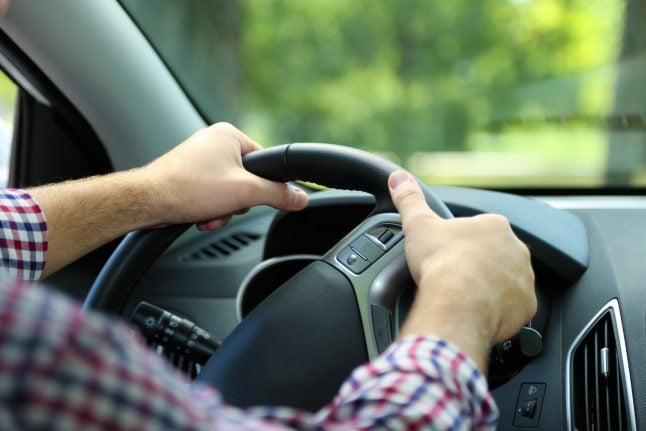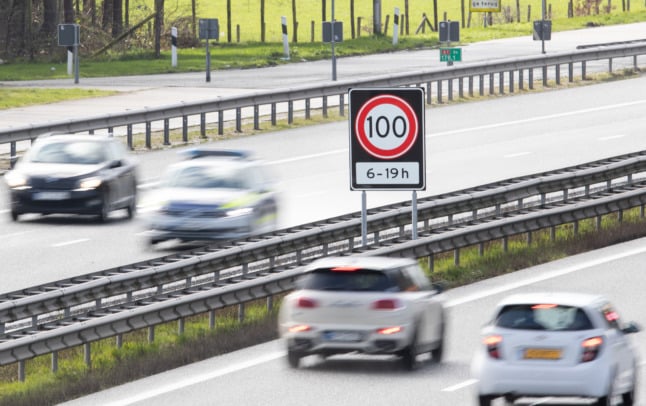The Bundestag (German parliament) had already passed a law in 2015 to establish the toll. But Germany was unable to implement it because the European Commission fought back, saying it violated EU policies by discriminating against non-German drivers from other member states. The Commission even said it would take Germany to court over the disagreement.
But after negotiations in November that essentially gave Berlin the green light, the Bundestag was able to pass certain changes to the measure on Friday for the toll to go into effect in 2019. It still could be delayed by Germany's upper house of parliament (Bundesrat).
The toll also still faces criticism from Germany's immediate neighbours, like Austria, whose Transport Minister Jörg Leichtfried on Friday urged the Bundesrat to stop it.
“The representatives of the Bundesrat must now pull the ripcord and bring down this discriminatory foreigner toll,” Leichtfried said.
Austria, Belgium, Denmark and the Netherlands have all said in the past they would consider taking Germany to the European Court of Justice over the toll.
“From our point of view, the German toll is illegal. We are keeping all legal options open,” Leichtfried added.
Germany is one of the only EU countries that has thus far not been charging for the use of its motorway system.
Here’s what you should know, if in fact the toll isn't stopped again:
What it pays for: Residents of Germany are going to be paying to maintain the roughly 13,000km of the Autobahn highway system, as well as for the 39,000km of other federal roads through their toll payments.
The money foreigners spend on the toll will go towards just maintenance of the Autobahn.
The toll for residents: All drivers living in Germany will have to pay a yearly toll through their bank accounts. The amount they pay will be based on the size and environmental-friendliness of their vehicle – petrol cars will be charged less than diesel ones, for example. The toll will be on average €67 with a maximum of €130.
Motor homes will also be charged with the toll, but motorcycles, electric cars, vehicles used by disabled people, and ambulances will be able to drive toll-free.
The toll for foreign drivers: Those coming from outside Germany could also pay a yearly toll, but also have two other short-term options: a ten-day toll of between €2.50 and €25, depending on the size and eco-friendliness of the car, or a two-month toll of between €7 and €50, also measured with the same criteria.
Compensation for German residents: German residents will also receive a form of compensation for paying their tolls with a lower car tax. Those with particularly eco-friendly vehicles will get the biggest discount, that would essentially make up for the amount they pay for the toll.
On top of this, residents who can show that they have not used any Autobahn highways or other federal roads will be able to request a refund for paying the toll.
How it will be regulated: Authorities will be able to recognize who has paid the toll by conducting random checks using electronic license plate readers. This data is supposed to be collected and deleted quickly.
Drivers caught not paying the toll will be fined an as of yet undetermined amount. And German officials also plan to enforce these fines for foreigners. Proof could be a driver’s log book.



 Please whitelist us to continue reading.
Please whitelist us to continue reading.
Member comments